Deck & Commander Strategies
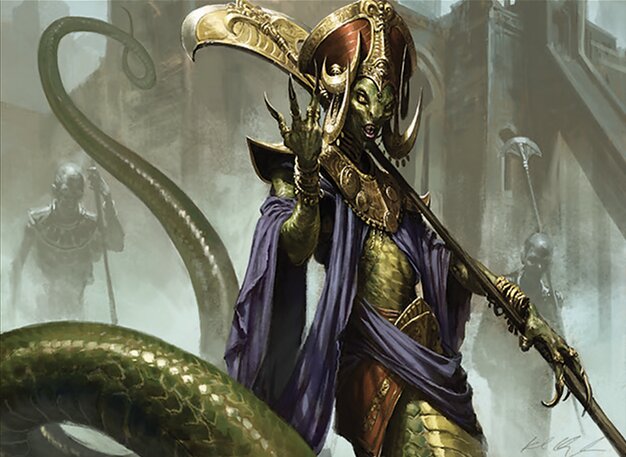
Sidisi, Brood Tyrant
Self-mill heavily to fill the graveyard, generating zombie tokens from Sidisi's ability, then leveraging those zombies for board control and incremental combat damage to close out the game.

Sidisi, Brood Tyrant (Rat Colony build)
Focus on rat tribal synergies with multiple Rat Colony cards to go wide quickly and overwhelm opponents, boosting creatures with cards like Marrowknoll and supporting wide board states.

Sidisi, Brood Tyrant (Reanimator/Value build)
Utilize graveyard recursion and tutoring to repeatedly bring back key creatures like Sir Conrad and Life from the Loam, maintaining value and controlling the board while generating zombies.

Sidisi, Brood Tyrant (High-powered combo build)
Employ expensive, powerful cards and combos including fetch lands, powerful tutors, and synergy pieces like Titan's Nest and Eternal Witness to maximize graveyard interactions and card advantage.
Gameplay Insights
- 1
Players prioritized early land drops and fixing to enable smooth multicolor casting, especially with Sultai colors.
- 2
The use of Hermit Druid and self-mill cards was pivotal for quickly filling graveyards to trigger Sidisi’s zombie token ability.
- 3
Cass Ashiok’s graveyard hate shifted player plans by shutting down fetch lands and graveyard recursion temporarily.
- 4
Combat decisions, such as blocking Sidisi to prevent further zombie generation, were critical turning points in board control.
- 5
Recurring key creatures like Sir Conrad via tutors and recursion engines sustained pressure on opponents and stabilized the board.
- 6
Token generators and tribal synergies, particularly with rats and zombies, created wide boards that were difficult to manage.
- 7
Strategic sequencing of spells and attacks, such as casting multiple Sidisis and timing attacks to trigger abilities, optimally leveraged graveyard and token synergies.
Notable Cards
-

Sidisi, Brood Tyrant
-
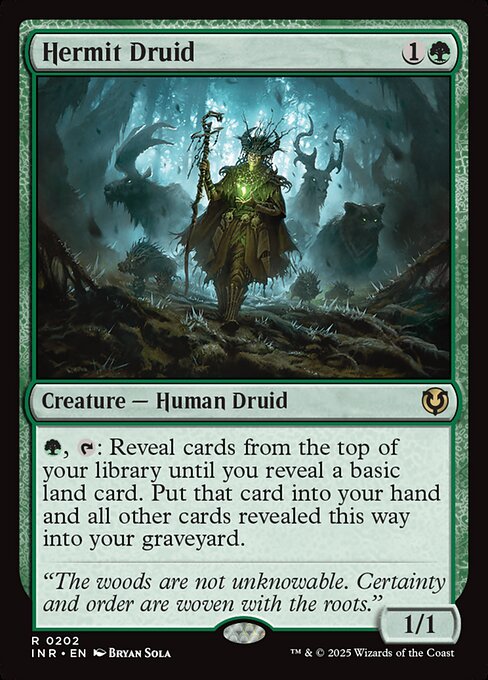
Hermit Druid
-
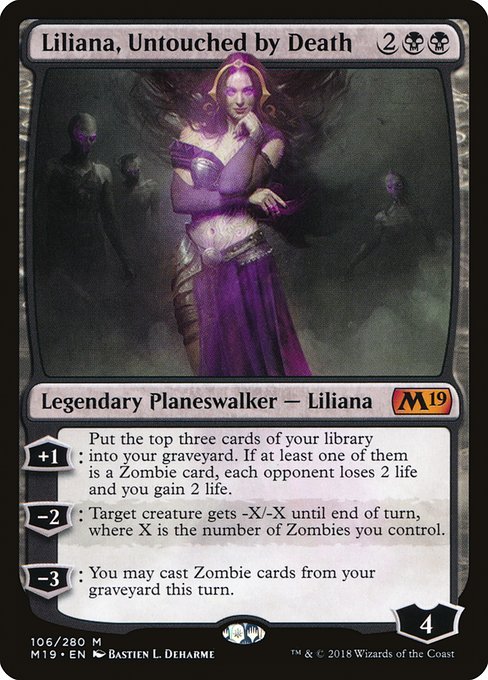
Liliana, Untouched by Death
-

Life from the Loam
-
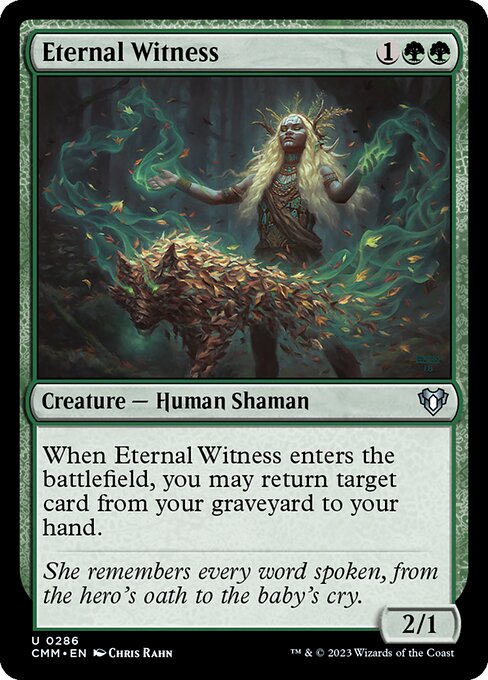
Eternal Witness
-
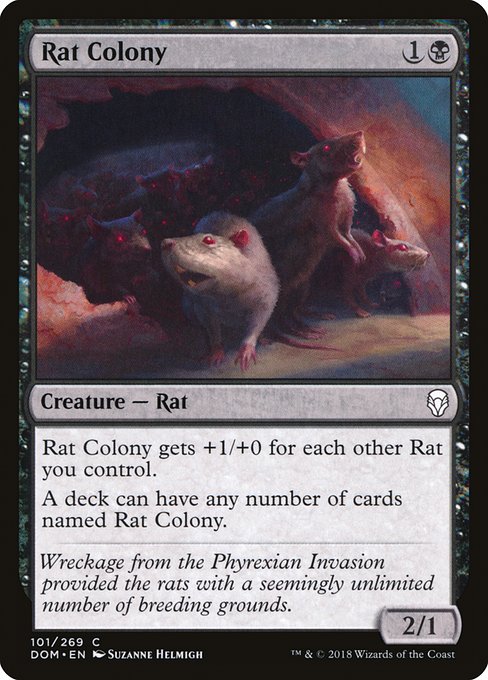
Rat Colony
-
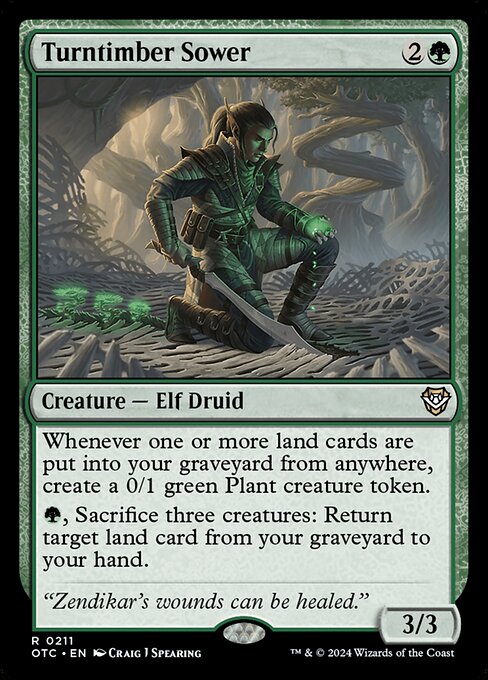
Turntimber Sower
-

Breeding Pool
-
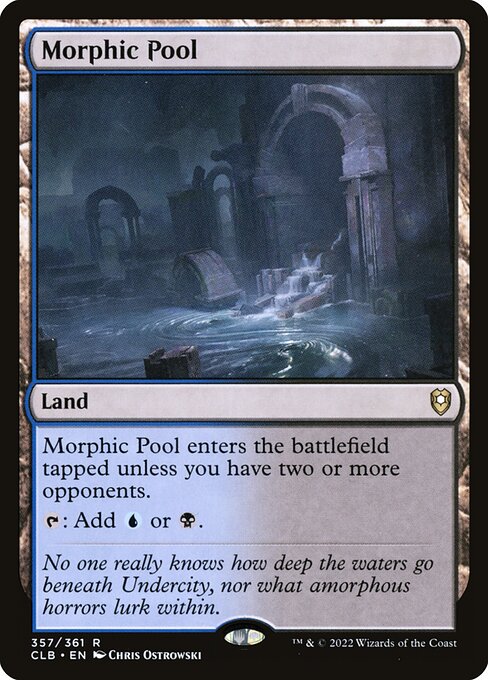
Morphic Pool
-

Field of the Dead
Gameplay Summary
The game featured a high-powered four-player mirror match with each player piloting a version of Sidisi, Brood Tyrant in the Sultai colors.
Early turns focused heavily on land drops and establishing board presence with self-mill and token generation.
Players utilized self-mill strategies to fill their graveyards and trigger Sidisi's zombie tokens, while also developing synergies with cards like Hermit Druid, Liliana, and various graveyard recursion tools.
Key plays included casting multiple Sidisi, Brood Tyrants to generate zombie armies, leveraging creatures like Sir Conrad the Grim to gain life and board control, and using graveyard interactions to tutor or recur powerful pieces such as Life from the Loam and the Gitrog Monster.
The board state evolved with incremental combat damage exchanges, token swarms, and strategic blocking decisions that shaped the tempo.
Notable moments involved the use of Cass Ashiok to disrupt opponents' graveyard plans and a well-timed block that killed a Sidisi, shifting momentum.
Each player’s build brought unique twists, from rat colony tribal synergies to powerful reanimation combos and value engines like Titan’s Nest and Eternal Witness.
The game showcased the complexity and depth of self-mill and graveyard-centric strategies in Commander, emphasizing token generation, recursion, and combat damage as primary win conditions.












